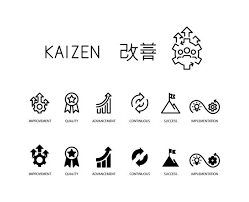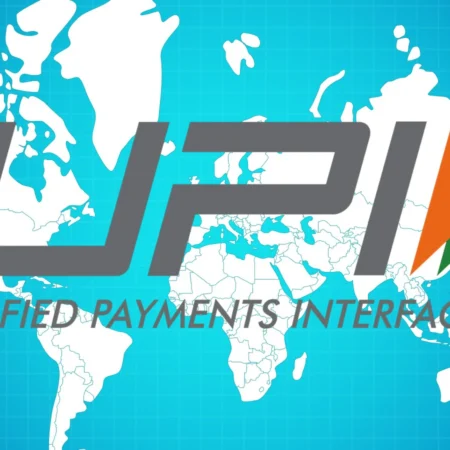Kaizen: The Art of Tiny Daily Improvements for a Better You in 2025
Table of Contents
In 2025, amidst rapid technological advancements and ever-evolving lifestyles, the pursuit of continuous self-improvement remains paramount. Enter Kaizen, a time-tested Japanese philosophy that emphasizes making small, consistent changes to achieve significant personal and professional growth. Derived from the Japanese words “kai” (change) and “zen” (good), Kaizen translates to “change for better”.

Understanding Kaizen: A Brief Overview
Kaizen originated in post-World War II Japan as a strategy to enhance manufacturing efficiency. Over time, its principles transcended industrial applications, finding relevance in various sectors, including personal development. At its core, Kaizen is about fostering a mindset that seeks continuous improvement through small, manageable steps
Core Principles of Kaizen
Continuous Improvement: Embrace the belief that there’s always room for enhancement, no matter how minor.proleansixsigma.com
Employee Involvement: Encourage participation from all levels, ensuring collective ownership of improvement processes.
Standardization: Implement consistent procedures to maintain quality and facilitate ongoing improvements.
Elimination of Waste: Identify and remove non-value-adding activities to streamline processes.
Empowerment: Foster an environment where individuals feel confident to suggest and implement changes .
Benefits of Embracing Kaizen
Enhanced Productivity: Regular, incremental improvements lead to more efficient workflows.
Improved Quality: Consistent evaluations and refinements ensure higher standards.
Cost Reduction: Eliminating waste and optimizing processes can lead to significant savings.
Employee Satisfaction: Involving team members in decision-making boosts morale and engagement.
Adaptability: A culture of continuous improvement equips organizations to better handle change .
Implementing Kaizen in Daily Life
Identify Areas for Improvement: Reflect on aspects of your routine that could benefit from change.
Set Achievable Goals: Define clear, manageable objectives to guide your efforts.
Take Small Steps: Implement minor changes incrementally to avoid overwhelm.
Monitor Progress: Regularly assess your advancements and adjust as needed.
Celebrate Successes: Acknowledge and reward your achievements to maintain motivation .
Real-World Applications of Kaizen
Toyota: The automotive giant employs Kaizen to continuously refine its manufacturing processes, emphasizing employee suggestions and quality control .
Pixar: The animation studio integrates Kaizen principles to foster a collaborative environment where every team member contributes to process enhancements .
Ritz-Carlton: The hotel chain conducts daily meetings to discuss service improvements, ensuring consistent guest satisfaction .

Overcoming Challenges in Kaizen Implementation
- Resistance to Change: Address concerns by communicating the benefits of continuous improvement.
- Maintaining Momentum: Keep the process engaging by setting new goals and celebrating milestones.
- Ensuring Consistency: Establish routines and standard procedures to embed Kaizen into daily practices .
Conclusion
In 2025, adopting the Kaizen philosophy can be a transformative approach to personal and professional development. By focusing on small, consistent improvements, individuals and organizations can achieve lasting success and adaptability in an ever-changing world.









